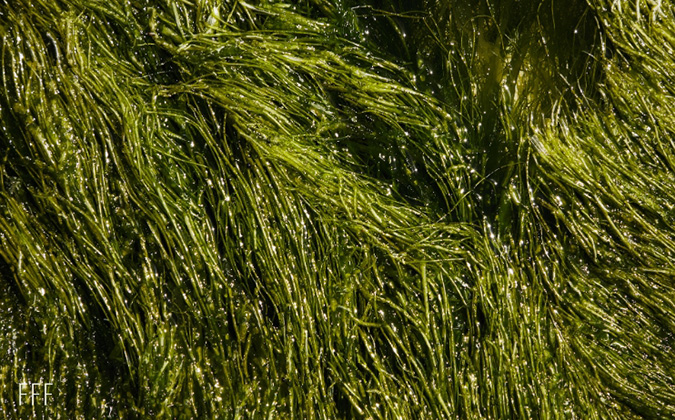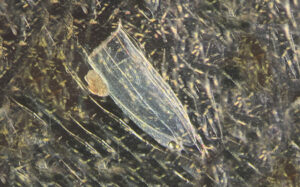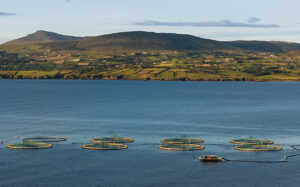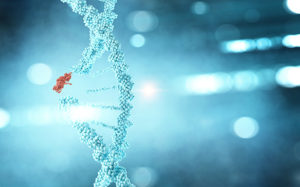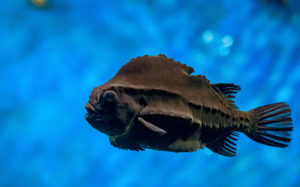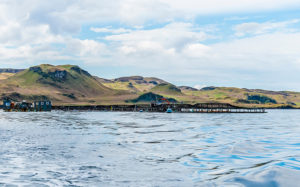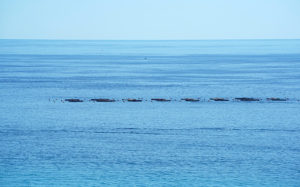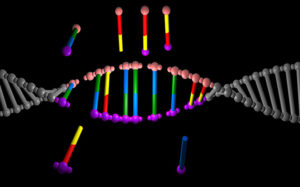Salmonids
Tackling jellyfish blooms affecting farmed fish in the British Isles
Tiny jellyfish have contributed to cases of gill disease in farmed Atlantic salmon in Scotland and Ireland in the past year, but early recognition and maintaining good general gill health are key to reducing the threat.
Race to control bacterial disease which threatens Irish salmon production
The bacterium Piscirickettsia salmonis, which causes the disease salmonid rickettsial septicemia (SRS) in Atlantic salmon, is becoming an increasing concern on fish farms in Ireland.
The future of sea louse control on salmon farms: do genetic technologies hold the key?
Genetic technologies could give salmon farmers the crucial tools they need to prevent sea louse infestations, according to researchers.
Research highlights ways to improve the lives of cleaner-fish species
The welfare of lumpfish used in biological control of sea lice significantly worsens after they are moved to cages at sea, while for wrasse, challenges in nurseries are causing problems before sea transfer.
Revealing shared welfare challenges and solutions in the Scottish salmon industry
Sea lice, gill health and environmental challenges are the major considerations for Scottish salmon producers looking to improve the welfare of their fish, according to an Institute of Aquaculture survey.
Exposed, offshore salmon farms may complicate fish-health challenges
Life on exposed offshore aquaculture sites may increase the susceptibility of farmed Atlantic salmon to parasites and pathogens.
Cutting antibiotic use in Chile’s growing salmon sector
An interview with Francisco Vallejos, MV, deputy health manager for Camanchaca SA.
Navigating barriers on the road to gene-edited fish
Gene editing could aid fish resistance to disease, as well as provide other advantages to producers, but there are still barriers to overcome before it becomes widely used in global aquaculture, according to an industry expert.

